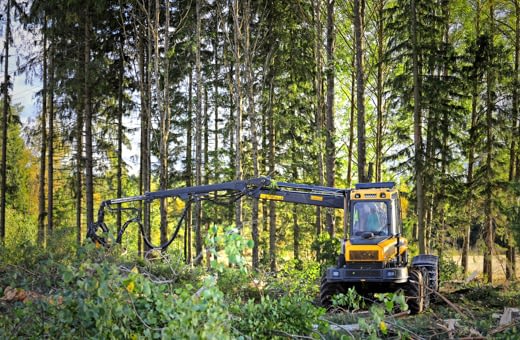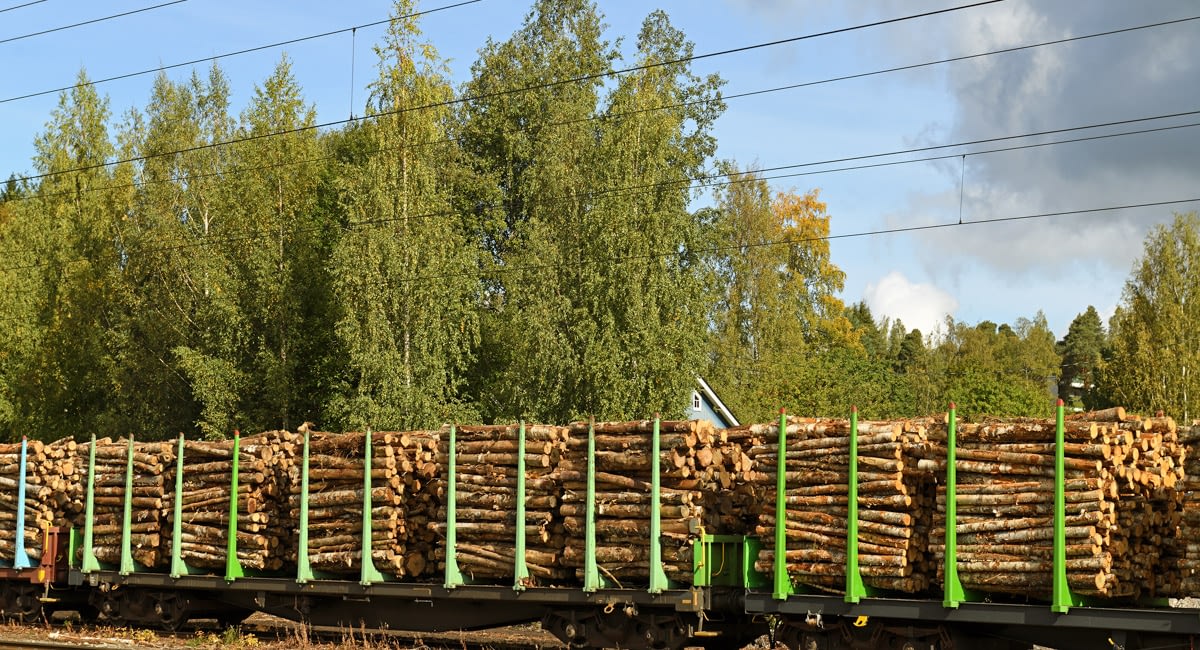The goal for Europe to become climate-neutral by 2050 will be part of the European Climate Law. The law aims to set a long-term goal and thereby provide a clear future
outlook on the direction of the EU climate policy, for example for companies who invest, and ensure that the goal of neutrality will not be compromised.
From the forest industry’s viewpoint, it is important that the EU, through climate diplomacy, seeks commitment by other economies to a similar goal in order to avoid carbon leakage.
It is particularly important that all EU Member States are obligated to aim at climate neutrality by 2050. This would ensure that none of the Member States can freeride regard to their climate efforts or outsource their fossil emissions to other countries’ forest carbon sinks.
Recent years have proven that the volume of forest carbon sinks may vary dramatically even within a short period of time. The reasons may include, for example, forest damage (as seen in Central Europe, Russia, the United States and Canada) or fluctuating global demand for wood products.
Finland must take action to ensure that forests do not end up as storage for fossil carbon dioxide emissions due to the European Climate Law. Such a result would be detrimental for the climate in various aspects: forests are not a permanent carbon storage, climate-friendly wood-based products would not be produced, circular bioeconomy potential would remain untapped and the main problem of climate change, i.e. the use of fossil-based raw materials, would receive undeserved extra time.
If the EU develops a so-called carbon budget and begins to employ one, it must be harnessed to reduce fossil-fuel emissions and to ensure that all Member States aim at carbon neutrality.
In the Finnish Forest Industries Federation’s opinion, the EU’s long-term climate policy should include the elements recorded in the previous Commission’s climate vision (A Clean Planet For All, 2018). These include:
- Fossil-fuel emissions are the most crucial problem
- The significance of bioeconomy is emphasised and, in connection with it, focus is placed on the need for wood raw materials for many industrial purposes (for example fibre, textile, composite, bioplastics, energy, construction)
- High global growth is predicted for the use of biomass and at the same time, it is important to ensure, for example, the growth of forest resources and the health of forests.







